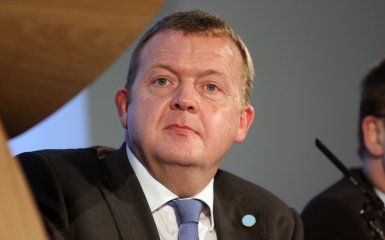The Telegraph draws attention to the fact that US President Donald Trump has offered Ukraine the terms of a mineral agreement that are traditionally offered to aggressor countries that have been defeated in war.
Points of attention
- Ukrainian leader Zelensky sought Trump's support against Russian aggression, only to face unexpected demands for profit by the US in exchange for assistance.
- The mineral deal highlights the vulnerability of Ukraine and the potential long-term consequences of accepting such terms from a powerful nation like the United States.
Trump wants to take advantage of Ukraine's vulnerability
According to journalists, the terms of this agreement actually far exceed those imposed on Germany and Japan after the end of World War II.
What is important to understand is that we are currently talking about the economic colonization of Ukraine by the United States, which will be legally established for an indefinite period.
It implies a burden of reparations that cannot be fulfilled, the editorial board warns.
The agreement that Trump is proposing to Ukraine states that the United States will receive 50% of the revenues from resource extraction, as well as 50% of the cost of "all new licenses issued to third parties" for future monetization of the resources.
According to one insider, this clause means "pay us first, then feed your children."
Ukrainian leader Volodymyr Zelensky really wanted to enlist Trump's support in the war against Russia, but he could not even imagine that the US president would want to profit from a country that has been suffering from Russian aggression for 11 years.
He probably did not expect to be given the conditions usually imposed on aggressor countries that were defeated in war. They were even harsher than the financial sanctions imposed on Germany and Japan after their defeat in 1945.









